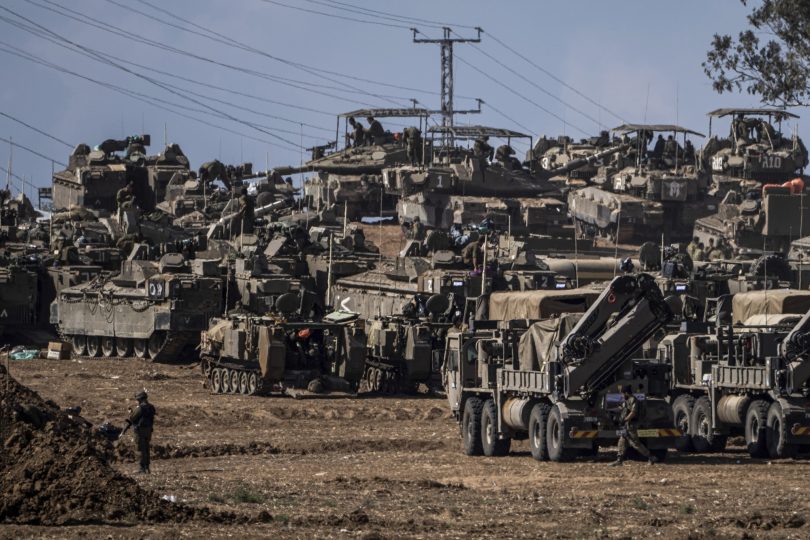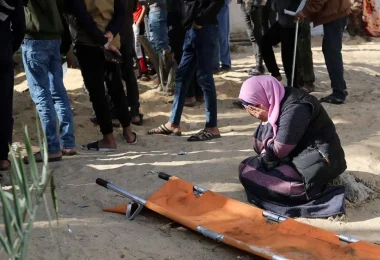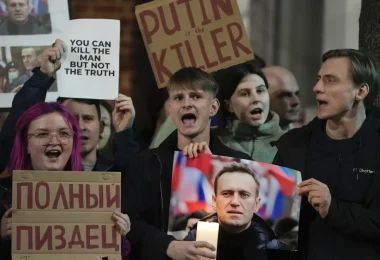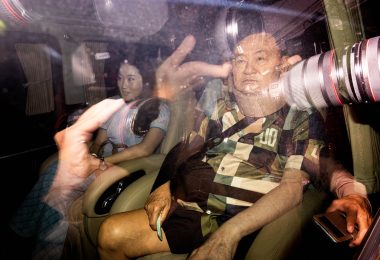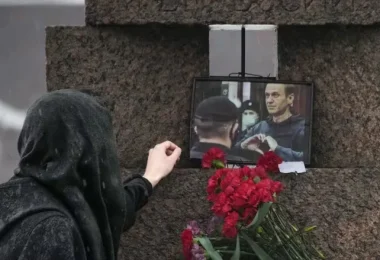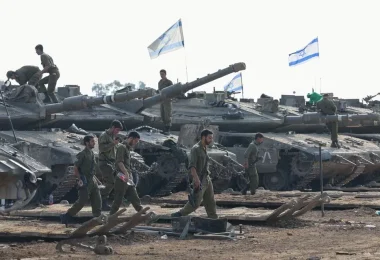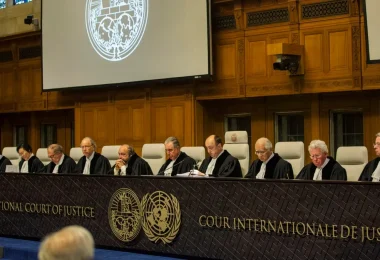Israeli military actions in southern Lebanon have resulted in the loss of eleven civilian lives, including six children. The strikes, confirmed by a hospital director and multiple Lebanese security sources, targeted villages and were characterized as a response to Hezbollah’s rocket attacks—one of which resulted in the death of an Israeli soldier.
This recent violence underscores a prolonged period of hostilities that has lasted over four months, with both Hezbollah and the Israeli military engaging in a tit-for-tat along the Israel-Lebanon border. The Lebanese armed group initially launched rockets across this contentious boundary in solidarity with Hamas, sparking a series of retaliatory actions by Israel.
In the village of al-Sawana, an Israeli strike tragically ended the lives of a woman and her two children, as reported by two security sources. Another devastating attack on a building in Nabatieh claimed four children, three women, and a man, leaving seven others wounded, detailed Hassan Wazni, the town’s hospital director, along with corroborating reports from three other security sources.
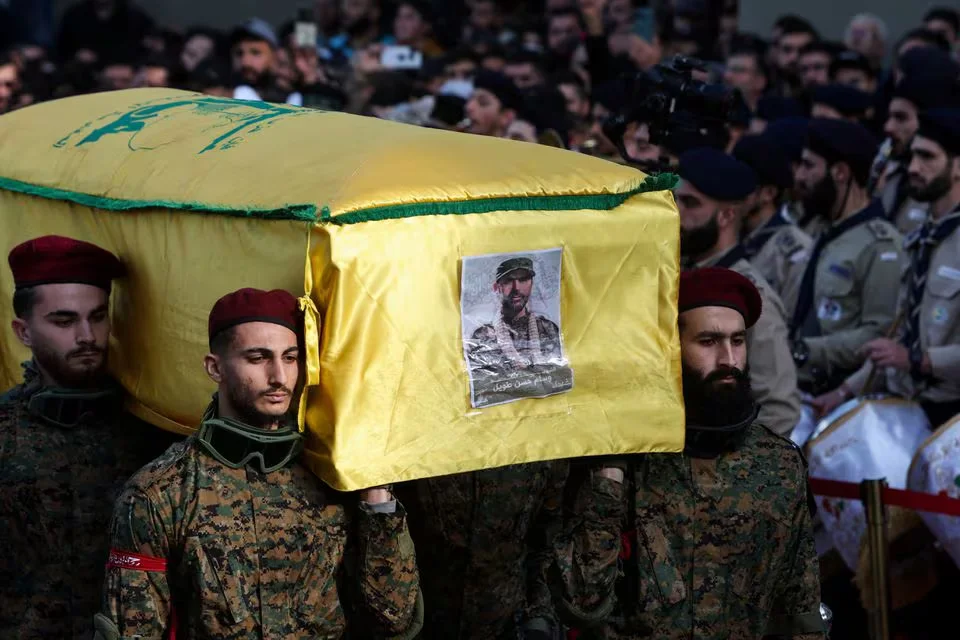
Members of Hezbollah carry a coffin during the funeral of Wissam Tawil, a commander of Hezbollah’s elite Radwan forces who according to Lebanese security sources was killed during an Israeli strike on south Lebanon, in Khirbet Silem, Lebanon, January 9, 2024. (REUTERS)
The conflict also saw Hezbollah suffer casualties, with four of its fighters killed in separate strikes, as acknowledged by the group itself and additional security sources. Despite these losses, Hezbollah has remained defiant. The head of its executive council issued a stern warning that Israel’s attacks “cannot pass without a response,” signaling a potentially unending cycle of violence.
From the Israeli perspective, government spokesperson Ilana Stein communicated the grave consequences of Lebanese rocket fire, which not only claimed the life of an Israeli soldier but also led to the hospitalization of eight others. Stein emphasized Israel’s reluctance to engage in a two-front war but affirmed a commitment to a strong response if provoked. This sentiment was echoed by Israel’s military chief, Herzi Halevi, who, despite recognizing achievements against Hezbollah, insisted, “this is not the time to stop.”
Hezbollah leader Sayyed Hassan Nasrallah, in a recent address, positioned a full ceasefire in Gaza as the prerequisite for halting hostilities, a stance that underscores the interconnected nature of regional conflicts.
The toll of this cross-border shelling has been heavy, claiming over 200 lives in Lebanon—including a significant number of Hezbollah fighters—and resulting in casualties among Israeli troops and civilians. This ongoing conflict has not only wrought devastation on the immediate participants but has also displaced tens of thousands from their homes, further destabilizing an already volatile region.

